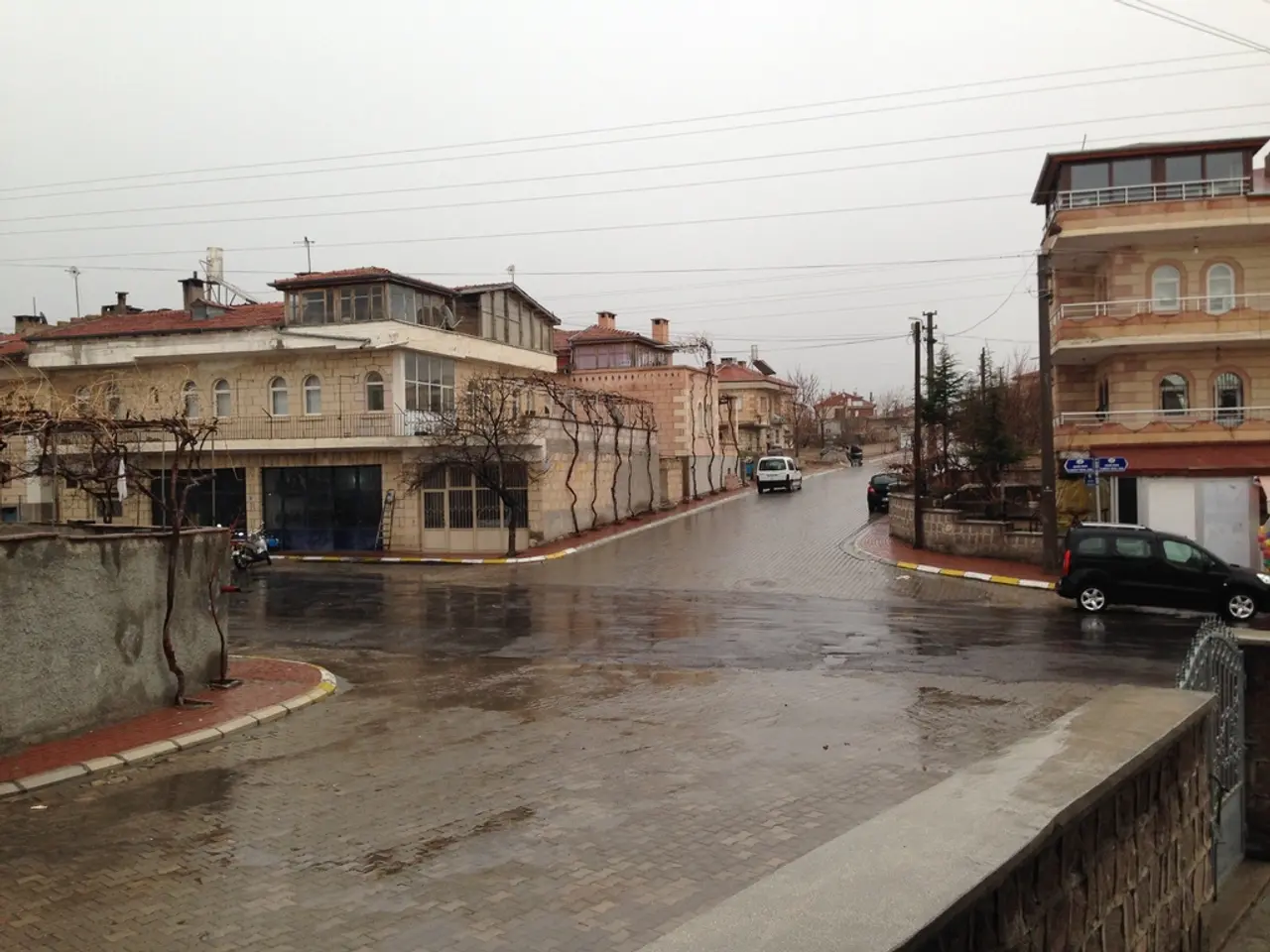Struggles loom for smaller educational institutions
In response to growing concerns about teacher workloads and security risks in schools, particularly those located along the Thai-Cambodian border, the Office of the Basic Education Commission (Obec) has announced a comprehensive plan to alleviate teacher burdens and improve the management of small schools.
The plan, which will be discussed at a nationwide meeting with local education area directors from July 1-3, includes strategies that focus on administrative support, technological innovation, and school enrolment management.
To address the burden of non-teaching tasks, such as accounting and finance, Obec is considering allocating budgets to hire dedicated administrative personnel. This measure aims to allow teachers to focus solely on teaching, addressing issues highlighted by tragic cases of teacher overload.
The introduction of AI-powered adaptive education tools is also emerging as a significant strategy. AI technologies can help reduce teachers’ workloads by automating routine tasks like grading and content analysis, and precisely identifying students’ learning issues to tailor instruction more efficiently.
Obec is also tackling the broader issue of small school management by confronting declining school enrolments, which directly affect teacher workloads and resource allocation. Initiatives are underway to optimize educational resources, likely involving school consolidation or resource sharing, to better manage small schools and balance teacher responsibilities.
Acting Sub Lt Thanu, secretary-general of the Basic Education Commission, has also instructed the Office of Administration to identify high-risk schools needing attention and coordinate with state agencies to construct protective facilities. This comes after a recent survey found that 160 schools in the border area have access to secure shelters, while 230 lack any form of bomb shelter.
The decline in student enrolment nationwide, which has resulted in a drop of nearly 100,000 students under Obec’s supervision this academic year, poses major challenges for many schools, particularly small schools with limited budgets and resources.
Acting Sub Lt Thanu has also highlighted the issue of teachers being given administrative work, including project management and procurement, areas in which they typically lack formal training. He cited a recent tragedy in Buri Ram province, where a teacher took her own life due to overwhelming non-teaching duties, as an example of the urgency of addressing excessive teacher workloads.
In the meantime, all border schools must conduct emergency drills and designate safety officers to oversee evacuation planning. A proposal outlining strategies to alleviate teacher workload burdens will be submitted to the new education minister soon. Acting Sub Lt Thanu is also considering tailored training programs for school administrative officers to handle duties currently given to teachers.
These approaches—strengthening administrative support, adopting AI solutions, and restructuring small school management—represent Obec’s comprehensive efforts to reduce teacher workload and improve the sustainability of small schools in Thailand.
- The comprehensive plan by the Office of the Basic Education Commission (Obec) for education-and-self-development also addresses the issue of politics, as they aim to coordinate with state agencies for the construction of protective facilities in high-risk schools.
- In the realm of general-news, Obec's plan for education-and-self-development includes tailored training programs for school administrative officers, a move that addresses the concern of teachers being given administrative work they lack formal training in, such as project management and procurement.




